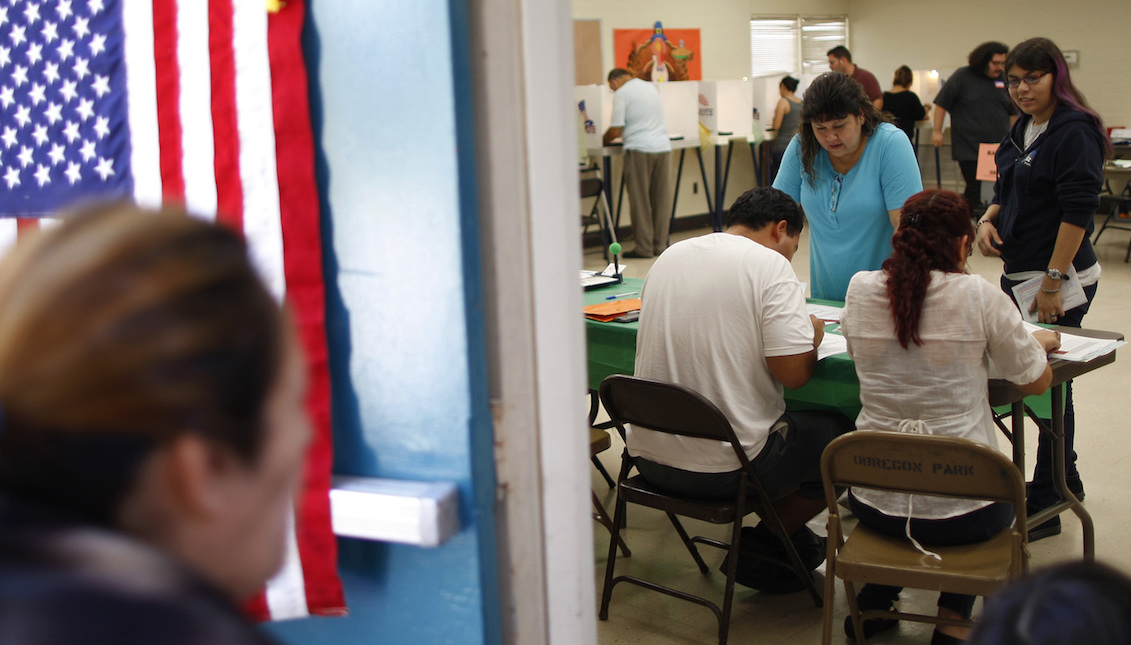
Latinos could be the second most important voter bloc in 2020
New figures from the Pew Research Center estimate that the strength of the Latino vote in 2020 will grow to become the second largest in the nation, after…
The Hispanic population's exponential growth in the U.S. that has long been expected, is now fully upon the country.
Totaling an approximate 58 million people, the Latino community has become one of the country's largest, and most important, demographic groups today.
During the mid-term elections, we learned the true effect of 27.3 million Latinos eligible to vote, after the Democrats took back the majority in the House of Representatives, with voters electing one of the most diverse groups of representatives in the nation's history.
The election of more than 30 new Latinos to public office demonstrated the importance of political campaigns that recognize the growth of this population.
Now, and in anticipation of the 2020 presidential elections, Latinos are once again at the center of attention.
According to new figures released by the Pew Research Center, "non-white voters will represent a third of eligible voters," this being their "largest participation in history," especially due to "long-term increases among certain groups, especially Hispanics."
The research center's analysis determined that the 2020 elections "will mark the first time that Hispanics will be the largest ethnic or racial group in the electorate, representing just over 13% of eligible voters," and thus surpassing the African-American population.
RELATED CONTENT
A raw observation of these figures estimates that 32 million Hispanics will be eligible to vote in the next presidential elections, compared to 30 million black voters.
However, participation and willingness to vote remain the main obstacle in this community.
"Voter participation will play an important role in determining the relative electoral influence of racial and ethnic groups," the analysis explains. "For example, while Hispanics will outnumber blacks among eligible voters next year, they can not actually cast more ballots than blacks because of different patterns of participation."
This includes the awareness of the electoral process, gerrymandering-induced voter suppression, and the true scope of the candidates' efforts to reach out to the voting bloc.
Knowing that the Hispanic community leans more Democrat than Republican - 66 percent of Latinos supported Hillary Clinton in 2016, for example - recent figures demonstrate an increase in Hispanic support for President Donald Trump, and the many Democratic candidates who have already joined the primaries seems to divide, rather than unify, this front against the President, at least for now.
With new campaigns such as the one carried out against the Nicolás Maduro regime in Venezuela and the massive support it has raised among Latino immigrants from the South American country, this could swing around 230,000 votes to back Trump's re-election.
The challenge for the Democrats will be to double the mid-term election efforts, and convince these 32 million Latinos that change really is possible.











LEAVE A COMMENT:
Join the discussion! Leave a comment.